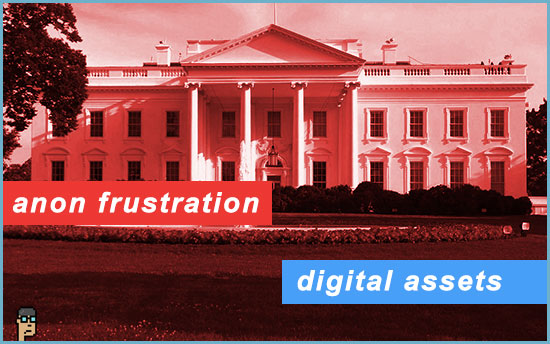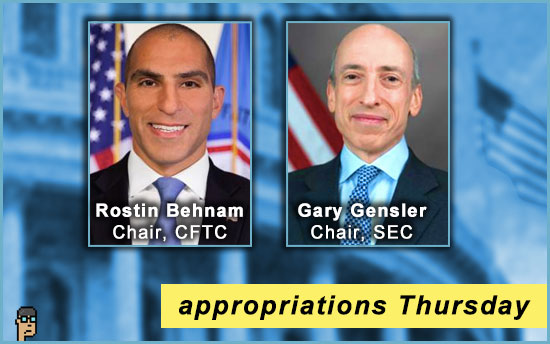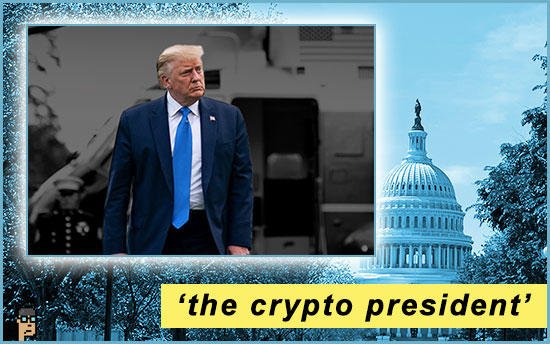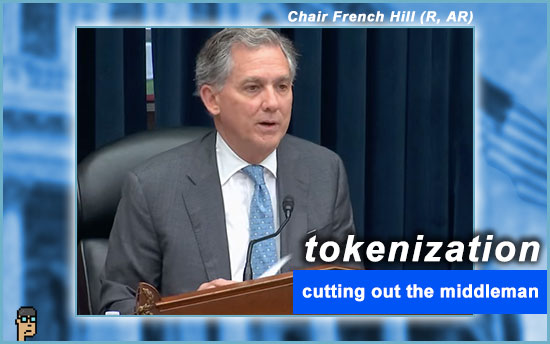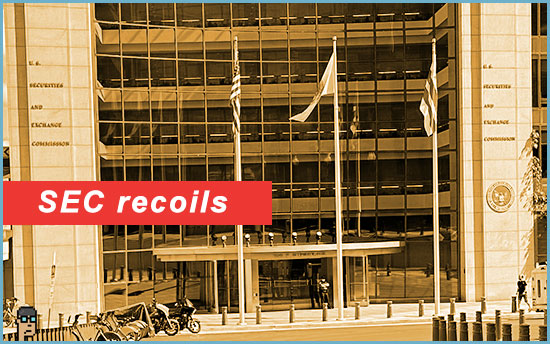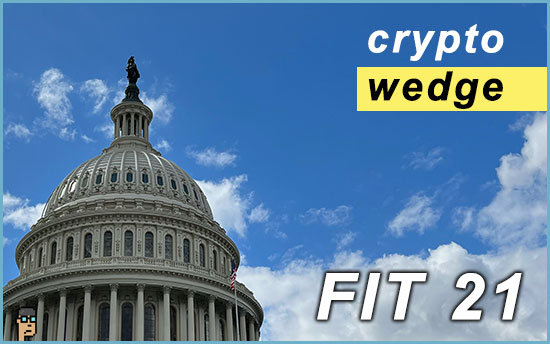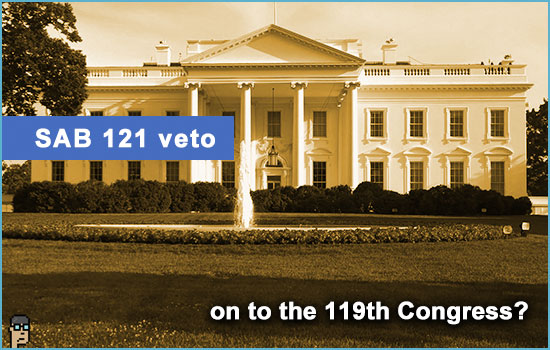Democratic anon speaks
In a New York Magazine feature article titled, “Are Democrats Pivoting on Crypto?,” the seeming transformation of Democrats – and Dem leadership, particular – is covered in depth.
An anonymous Democratic source shares frustration with NY Mag’s Jen Wieczner: “The approach that both [SEC Chair] Gary Gensler and [Senator] Elizabeth Warren (D, MA) have advocated, refusing to regulate the technology on the grounds that that will be the best way to kill the technology, no longer makes any sense – it’s a failed policy. (…) Based on our polling, there are millions of voters who are going to vote against Joe Biden on the basis of Gary Gensler’s approach on this issue. With democracy on the line, that’s just a phenomenally irresponsible approach to take.” Read more.
what you should know: Would a quick pull-back of the SEC’s SAB 121 by Chair Gensler save the day for Dems? The policy chasm that Dems must cross to get that “pro-crypto” voter may be too large. The question remains… are their enough single issue voters on crypto to tip the election?
stablecoin issuer invests
CEO Paulo Ardoino of Tether Holdings – which is the issuer of the world’s largest stablecoin (USDT) backed by the U.S. dollar – said in an interview with Bloomberg yesterday that his company expects to invest more than $1 billion over the next 12 months.
Ardoino projects funds being put to work in a range of startups focusing on “alternative financial infrastructure for emerging markets, artificial intelligence and biotech — areas where it has already spent about $2 billion over the past two years.” Read more. Continue reading “Democratic Disbelief About Administration’s Stance; CFTC’s Goldsmith Romero Linked To FDIC”

